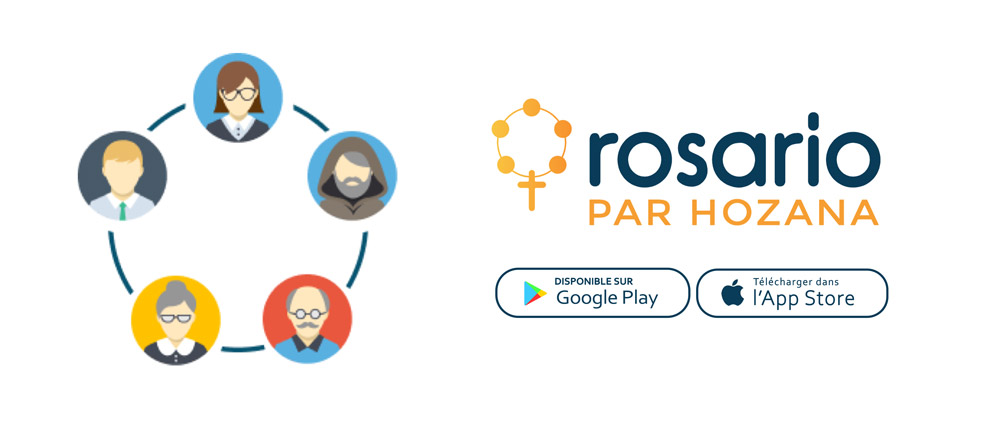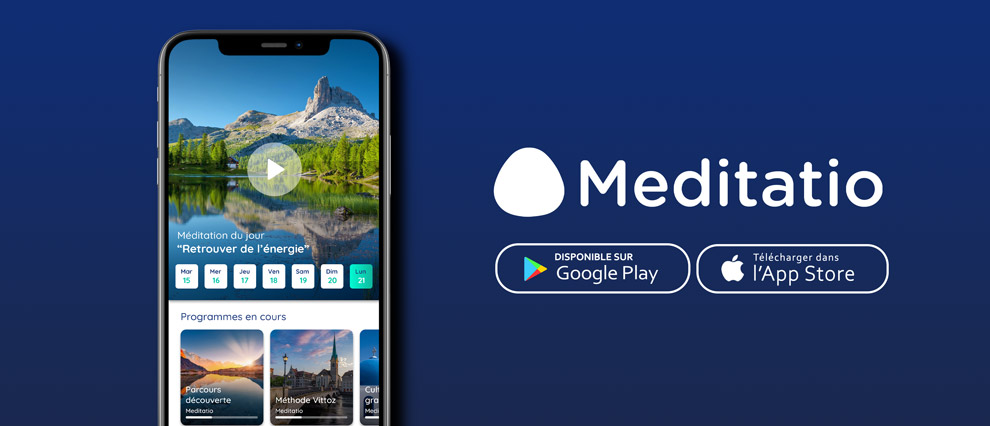What does the Catechism of the Church say about Freedom?
Freedom is addressed in Article 3 of the first section (“The Vocation of Man: Life in the Spirit”) of the third part (“Life in Christ”) of the catechism. At the end of this reading, we invite you to discover other great questions of faith.
Sommaire
What is freedom?
The definition of freedom is particularly discussed in numbers 1730 to 1748 of the Catechism.
Here’s what we can learn about freedom:
“God created man a rational being, conferring on him the dignity of a person who can initiate and control his own actions. “God willed that man should be 'left in the hand of his own counsel,' so that he might of his own accord seek his Creator and freely attain his full and blessed perfection by cleaving to him.” (No. 1730)
Freedom is the power, rooted in reason and will, to act or not to act, to do this or that, and so to perform deliberate actions on one's own responsibility. By free will, one shapes one's own life. Human freedom is a force for growth and maturity in truth and goodness; it attains its perfection when directed toward God, our beatitude. ” (No. 1731)
“As long as freedom has not bound itself definitively to its ultimate good which is God, there is the possibility of choosing between good and evil, and thus of growing in perfection or of failing and sinning. This freedom characterizes properly human acts. ” (No. 1732)
“The more one does what is good, the freer one becomes. There is no true freedom except in the service of what is good and just. The choice to disobey and do evil is an abuse of freedom and leads to “the slavery of sin.” (No. 1733).
“Freedom makes man responsible for his acts to the extent that they are voluntary. Progress in virtue, knowledge of the good, and ascesis enhance the mastery of the will over its acts.” (No. 1734)
“Imputability and responsibility for an action can be diminished or even nullified by ignorance, inadvertence, duress, fear, habit, inordinate attachments, and other psychological or social factors. ” (No. 1735)
“Freedom is exercised in relationships between human beings. Every human person, created in the image of God, has the natural right to be recognized as a free and responsible being. All owe to each other this duty of respect. The right to the exercise of freedom, especially in moral and religious matters, is an inalienable requirement of the dignity of the human person. This right must be recognized and protected by civil authority within the limits of the common good and public order. ” (No. 1738)
The practice of moral life animated by charity: “The practice of the moral life animated by charity gives to the Christian the spiritual freedom of the children of God. He no longer stands before God as a slave, in servile fear, or as a mercenary looking for wages, but as a son responding to the love of him who “first loved us” (John 4:9) (No. 1828).
For freedom, Christ has set us free.
For freedom, Christ has set us free, says the letter of Saint Paul the Apostle to the Galatians. This verse is particularly discussed in numbers 1741 to 1748. The number 1741 also recalls that sin makes men slaves, and that Christ “redeemed them from the sin that held them in bondage.” The same number reminds us that truth makes us free, and that “where the Spirit of the Lord is, there is freedom.” Here is the full 1741 number below: “Liberation and salvation. By his glorious Cross, Christ has won salvation for all men. He redeemed them from the sin that held them in bondage. “For freedom, Christ has set us free.” In Him, we have communion with the “truth that makes us free.” The Holy Spirit has been given to us and, as the Apostle teaches, “Where the Spirit of the Lord is, there is freedom.” Already we glory in the “liberty of the children of God.” (No. 1741).
The Freedom of Faith
It is recalled at number 160 that God does not force man to faith: To be human, “man's response to God by faith must be free, and… therefore nobody is to be forced to embrace the faith against his will. The act of faith is of its very nature a free act.” “God calls men to serve him in spirit and in truth. Consequently, they are bound to him in conscience, but not coerced. . . This fact received its fullest manifestation in Christ Jesus.” Indeed, Christ invited people to faith and conversion, but never coerced them. “For he bore witness to the truth but refused to use force to impose it on those who spoke against it. His kingdom… grows by the love with which Christ, lifted up on the cross, draws men to himself.” (No. 160)
Freedom and Sacraments
Some sacraments require freedom, otherwise the sacrament is invalid. We can think for example of the sacrament of marriage: “The consent must be an act of the will of each of the contracting parties, free of coercion or grave external fear. No human power can substitute for this consent. If this freedom is lacking, the marriage is invalid.” (No. 1628)
Utter dependence with respect to the Creator is a source of freedom
Utter dependence with respect to the Creator is a source of freedom, as catechism number 301 tells us: “With creation, God does not abandon his creatures to themselves. He not only gives them being and existence, but also, and at every moment, upholds and sustains them in being, enables them to act and brings them to their final end. Recognizing this utter dependence with respect to the Creator is a source of wisdom and freedom, of joy and confidence.” (No. 301)
Freedom presupposes the education of conscience
Freedom presupposes education and the formation of conscience, as catechism numbers 1783 to 1785 tell us. Let's just mention number 1784: “The education of the conscience guarantees freedom and engenders peace of heart.” (No. 1784)
With Hozana, let us pray to taste more and more freedom!
With Hozana, let us pray to taste more and more freedom! By living with Christ, the Father, and the Holy Spirit, we can become more and more free, like all the Saints, who tasted freedom by following Christ.
To rediscover freedom, Hozana offers many communities of prayer, for example, readings of the day or communal retreats.

